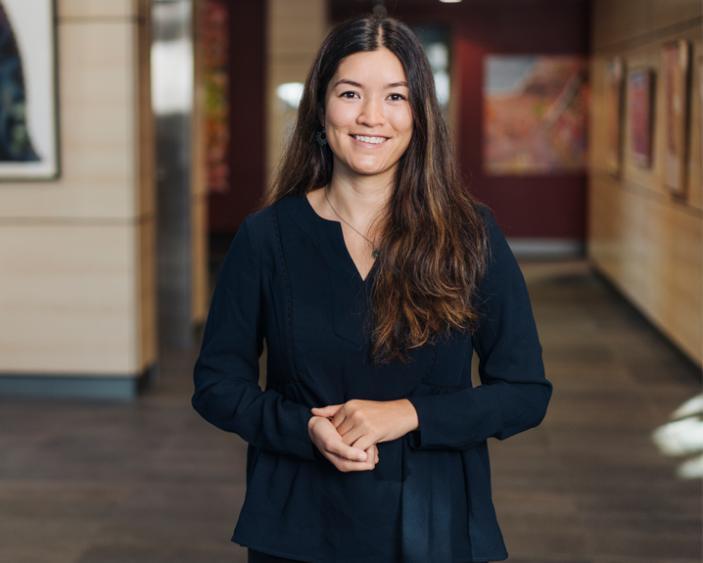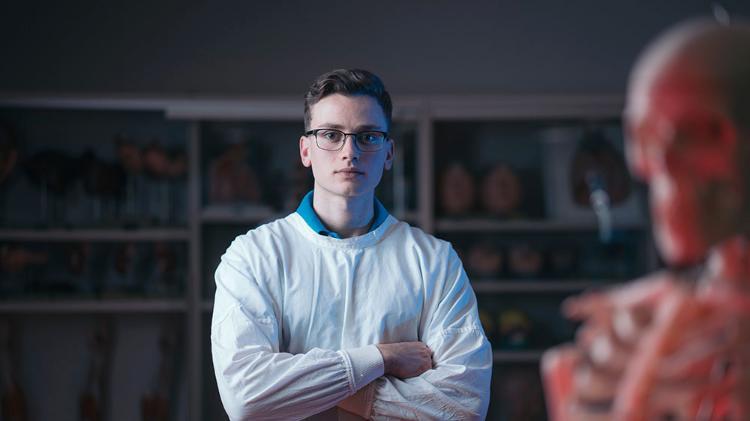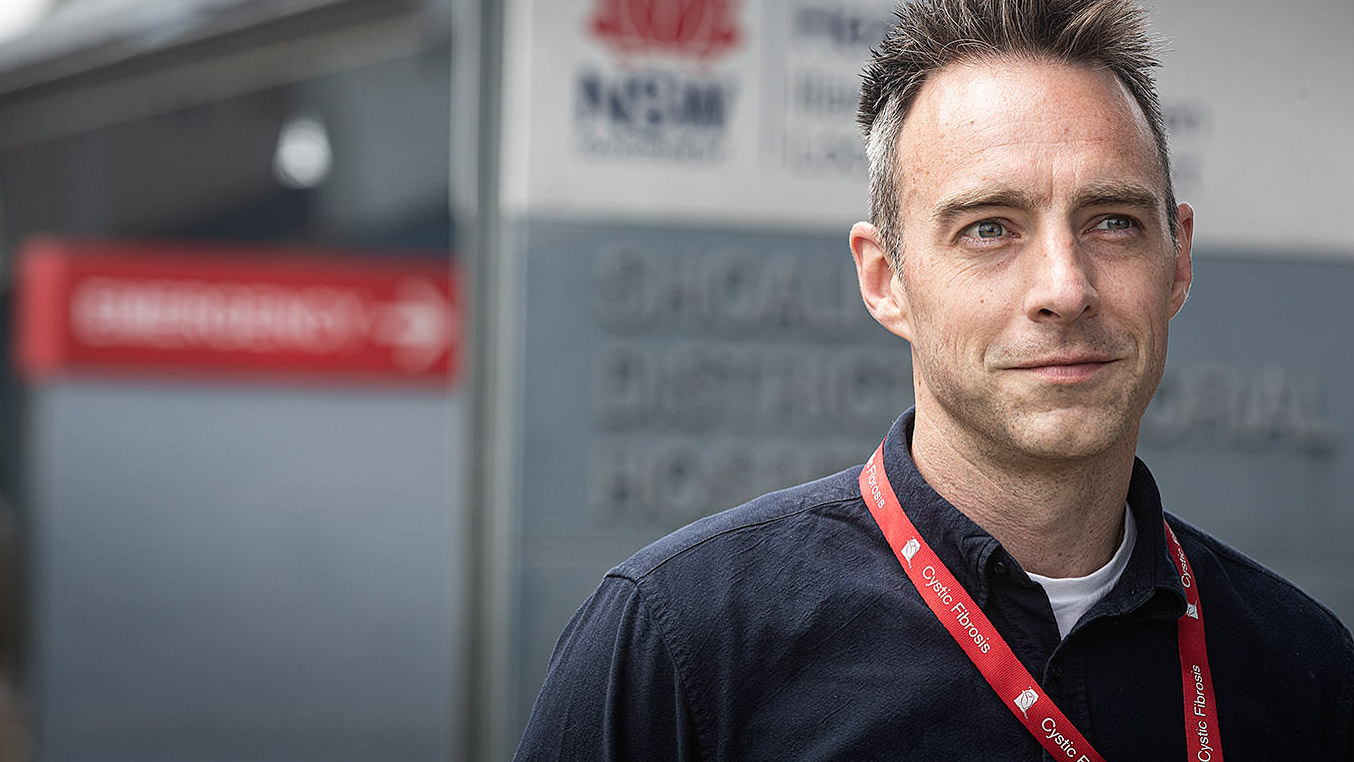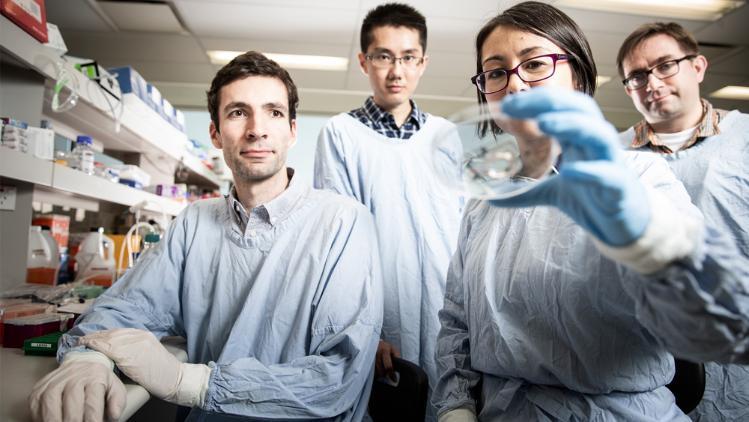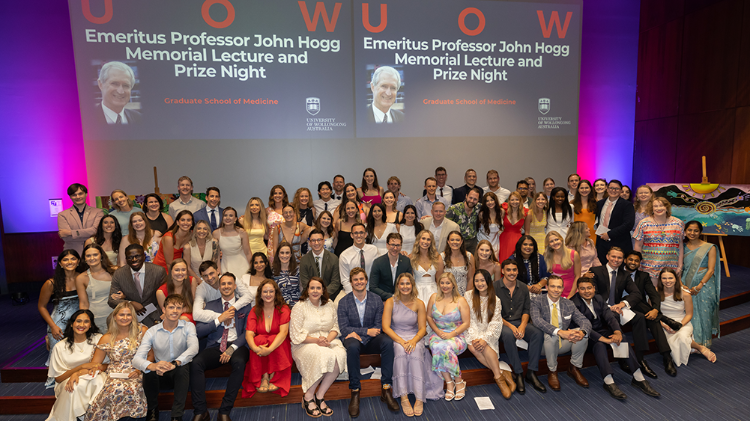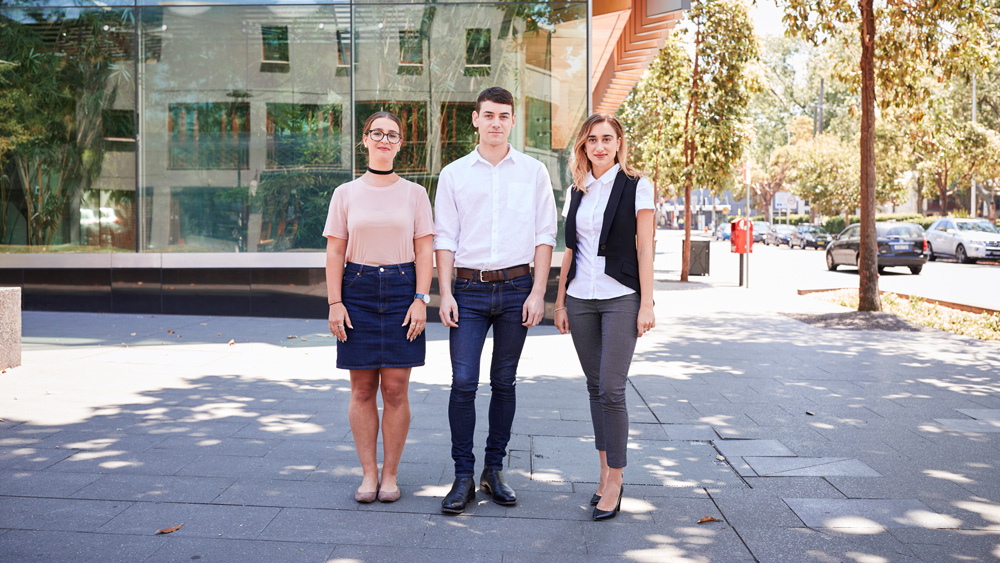MD Program
The Graduate School of Medicine aims to engage, partner with, and respond to workforce and health needs of our local, regional, and rural communities. We will listen to and build reciprocal relationships with Aboriginal & Torres Strait Islander Peoples. Our purpose is to improve health and wellbeing through best practice medical education and meaningful research.
The UOW MD program reflects a contemporary approach to medical education. Medical practitioners from UOW local communities as well as and health practitioners from other health professions are extensively involved in all aspects of the MD program.
The MD aims to prepare graduates with knowledge of basic, medical and systems sciences, knowledge of Indigenous health, social and cultural determinants of health, health advocacy skills, skills for clinical practice and culturally safe patient care, and research skills. The MD also prepares graduates to meet the professional expectations, as well as legal and ethical requirements of the medical profession.
The Doctor of Medicine is a four-year degree, with each academic year being approximately 42 weeks in length. It is offered only as a full-time degree and uses a combination of face-to-face teaching and learning sessions, clinical placements, blended and online learning, and self-directed learning. Teaching and learning happens on either of three campuses (Wollongong, Shoalhaven or Southern Highlands) and either of eight rural hubs.
The first 18 months is based on either of the three campuses, with some community placements. The following two and half years are predominantly immersed in clinical settings. This includes 12 months (Phase 2) focused on a range of clinical disciplines and the following 12 months (Phase 3) in an ‘integrated clinical clerkship’. The MD has a strong focus on regional, rural, and remote healthcare so many clinical placements are in those locations in NSW. For some students, all clinical placements will be undertaken in a rural location. MD students in Phase 2 may also be placed in one of the rural campuses. and all Australian MD students will experience Phase 3 in a regional or rural location. The final 6 months of the MD focusses on working in healthcare teams in clinical settings and readiness for clinical practice as an intern. A rural placement cannot be guaranteed for international students.
Domestic applicants can chose the Rural End-to-End Medical Education track, which offers all parts of the MD to be done in a rural location, or the Rural-Regional Combined Medical Education Track, which offers a combination of placements.
The program uses a range of teaching-learning methods including:
- clinical teaching in metropolitan, regional or rural locations including hospitals, clinics, general practice and community health settings.
- small group learning activities and group work.
- seminars, workshops and tutorials.
On completion of the UOW MD, all graduates must undertake a prescribed period of pre-vocational training to be eligible for unconditional registration as a medical practitioner in NSW. This training (referred to as internship) occurs under supervision as determined by the NSW Health Education & Training Institute (HETI). Graduates who satisfactorily complete pre-vocational training will be registered as Medical Practitioners in NSW and eligible to apply for registration in Australia and New Zealand.
International graduates of the MD program are not automatically entitled to internship, registration, or access to a provider number in Australia. More information on practicing medicine in Australia can be found on the Medical Board AHPRA website.

